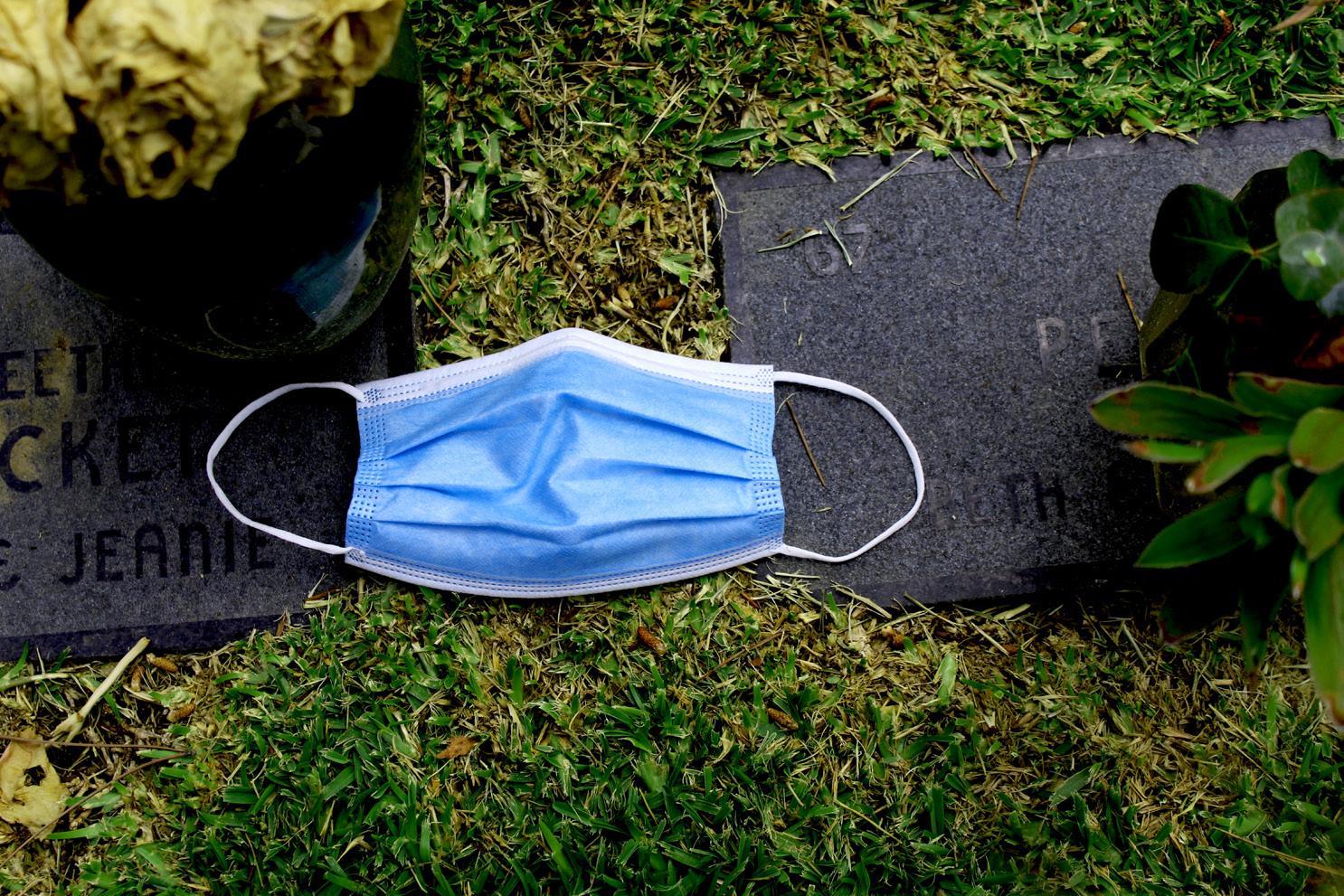
3 minute read
Lost in a Pandemic
Experiencing Loss in a Pandemic
written by Andra Thomas
Advertisement
Grief. A complicated, yet fundamental part of the human experience. For many it’s not something that they talk about. It’s not something that most people even know how to talk about. However, amidst the countless losses COVID-19 has brought about this year, it’s something that so many have no choice but to talk about. Whether it was the loss of a loved one, loss of a job, or loss of a lifestyle, the disruption exists nonetheless and everyone experienced some form of it this year.
Losing someone is a life-altering experience. There exists a before and after that is truly unexplainable. In a single moment absolutely everything has changed. That’s not something that’s easy to come to terms with, especially right after it happens. A part of what’s made grieving bearable are the rituals we’ve incorporated into the cultures of each of our societies. For many, processing the loss is as simple as visiting your old favorite places or having a drink in your loved one’s honor. For others, a memorial or service allows the reality of the situation to come into light for them. Rituals are powerful: in them lies healing. Studies conducted by Dr. Ede Frecska and Dr. Zsuzsanna Kulcsar have shown that grieving rituals have the ability to allow the body to release endorphins that contribute to the healing process by reducing anxiety, emotional distress, and physical pain.
At some point in our lives, we’ve all heard of the five stages of grief: denial, anger, bargaining, depression, and acceptance. Not everyone experiences each of the stages in this particular order, but ultimately we pass through each one in our own way. However, with the limitations the pandemic has brought upon us, processing grief in our normal ways has been detrimentally affected.
The ceremonies we hold after the passing of a loved one allow us to accept what has happened and overcome our denial. With the pandemic and its unimaginable mortality rates during its peak, funeral homes were overwhelmed to the extent that many families weren’t given an opportunity for a service, denying mourners a key element of the human grieving process: accepting their loved ones’ departure. There were even instances this past year where it felt like loved ones were refused the basic respect of a final resting place, even by forces of nature, like the accumulation of bodies that floated in the Ganges River in India. These unpredictable and horrendous occurrences can directly fuel the second stage of grief, anger. Couple this with the guilt many families experienced as they watched their loved ones in pain and were completely unable to offer help they could have provided in different circumstances. These intense situations alter every stage of the grieving process.

photo by Anne Marie Berry
All of this can lead to an individual’s feelings of grief failing to fully resolve. According to DSM-5, Persistent Complex Bereavement Disorder is a condition many individuals experience after loss where the grief they experience is much longer, more intense, and much more significantly disruptive to their life. Even though there aren’t risk factors that cause it, most that experience it feel the way they do due to some form of denial of their grief. Without further treatment and care, it can bring about some dangerous outcomes for the sufferer as their mental health and overall wellbeing deteriorates.
We need to become better at addressing grief. Grief is one of those horrible things that, despite its inevitability, is often ignored or brushed over in our fast-paced world. We don’t discuss grief extensively or publicly, leaving us unprepared when we are faced with trying to overcome its challenges. Among all of the hardships the COVID-19 pandemic has brought us, grief is the one that is being spoken about the least. Grief is a lonely journey each mourner has to embark on by themselves, but knowing that they have a few people fighting for them goes a long way. If you know someone who is grieving, reach out to them and express your care in an intentional way by listening or by showing up for them when they need it. It may seem little or unimportant, but the smallest acts of love for someone who is suffering truly does go a long way.





